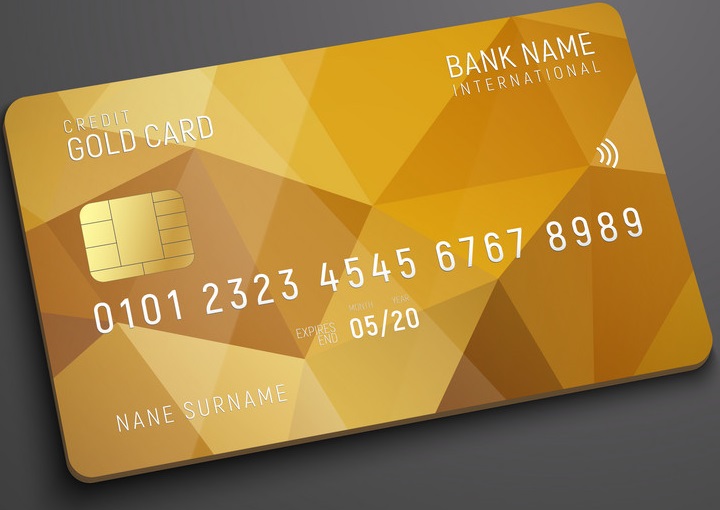To Post or Not to Post on Facebook – What You Shouldn't Share on Social Media?
Why is it worth to be reasonable and use your common sense while using Facebook? We advise what you shouldn't post or share on the wall of the most popular social network service.

At every turn, Facebook encourages its users to share their experiences on main wall by asking "What's on your mind?". Even after you sign in, you can witness constant notifications which remind to update your personal data in order to share some more information about yourself. However, it is worth to maintain some moderation and common sense while using Facebook.
Nowadays we are living in times when just one and hastily created post may end with unpleasant consequences for many years. A moment of delight, a lapse in judgment, living in the moment cause you only live once, or a good mood after alcohol, and... Houston! We have a problem! In short, nothing gets lost in the abyss of global network. When posting information and photos on Facebook, it's worth being aware that we share them not only with our friends, but also with outsiders. Social networks are usually a fountain of knowledge to criminals, cyber-criminals, predators and people that for various reasons may be unfriendly to us. However, most users – especially young people, are often unaware of how much relevant information about them is available on the Internet. To make matters worse, they voluntarily posted them on their social wall or personal profile.

Of course, Facebook is keeping an eye on its users to some extent. In May 2018, world's most popular social network has introduced new regulations aimed at maintaining higher protection and privacy of stalked users – posts that attack users due to their origin, sexual orientation or religion are now being removed much more efficiently than in the past. There are also specific instructions concerning nudity photos. It is forbidden, among others, to show genitalia, sexual intercourse or naked female breasts (with a few exceptions). The Facebook Terms of Service also makes it clear who can't use this popular social network. Your account will be deleted if, among other things, you are under the age of 13, are convicted of sexual offences, you threaten another user or promote hatred. However, it’s still related with causing harm to other people. There are no rules and there will be no regulations that may protect us from harming ourselves. We must act with a dose of assertiveness, on the one hand, and use our common sense, on the other.
Facebook not only allows, but even encourages you to publish information that is definitely not worth sharing on the Internet. By constantly asking us "What's on your mind?", the service provokes all users to post information about what they're doing at the particular moment, where are they or what are their plans. Such information can easily turn against us. And it's just half the trouble, if after buying a 3D printer (for example) in an online store, we will be literally flooded with advertisements of similar gadgets – the danger zone is much larger and there are lots of more serious threats in it. Here are a few things that aren't worth posting on Facebook.

Phone's location tracking equals indication of whereabouts
Be careful with phone's location tracking services. If it's a typical free time activity like going to a movie theater, swimming pool or a restaurant, then it shouldn't cause any trouble. Things get worse, if you are leaving for a longer holidays and for many days you will be away from home. By adding the location info, for example, you sign in and tag yourself at an airport or in a distant country, you make it pretty clear to a potential thief that your residence may be empty even for a few days. If you want to share your holiday photos with your friends, you can do it after your vacation.
Photos of documents – be on your guard
Although it seems obvious, it's still not that clear to many. Never share photos of documents such as credit cards, ID cards, driving licenses or passports via the Internet. Identity theft is a very common phenomenon these days. A moment of recklessness and you may end with a loan that you may have to pay back for many years to come. If you really want to boast, for example, that you've passed the driving license exam or received a prestigious credit card – blur your sensitive data and only then upload photos to the Internet.

Address of residence
In order to determine your address, a potential thief doesn't need any accurate data. It is enough to upload a photo of your block of flats with characteristic points of interest and a direct view from the window. Finding out where we live can be a lot easier than it might seem. You should be careful, for example, when you want to rent a flat for a while and upload photos of all rooms from different perspectives. Same applies to a photo of your current property and its surroundings. Interior and exterior photos are mutually dangerous. Many thieves are looking for opportunities to rob someone just by surfing on Facebook.